No products in the cart.
Buy 3-HO-PCP HCL online
220,00 € – 2.260,00 €
3-HO-PCP
3-Hydroxyphencyclidine (3-HO-PCP) is a dissociative of the arylcyclohexylamine class, related to phencyclidine (PCP) and sold online as a designer drug. 3-HO-PCP acts as a high-affinity, non-competitive antagonist of the NMDA receptor via the dizocilpine (MK-801) site (Ki = 30 nM).
SKU: N/A
Category: DISSOCIATIVES
Tags: 3-HO-PCP HCL, 3-HO-PCP HCL 3-HO-PCP HCL supplier, 3-HO-PCP HCL for sale, 3-HO-PCP HCL legally, 3-HO-PCP HCL online, 3-HO-PCP HCL price, 3-HO-PCP HCL store, 3-HO-PCP HCL use, 3-HO-PCP HCL wiki, 3-HO-PCP HCL worldwide, 3-HO-PCP HCLs, best cheap price 3-HO-PCP HCL, best place to buy 3-HO-PCP HCL, bulk online, buy 3-HO-PCP HCL, cheap 3-HO-PCP HCL, high quality 3-HO-PCP HCL, how to buy 3-HO-PCP HCL, order 3-HO-PCP HCL, purcharse 3-HO-PCP HCL, shop 3-HO-PCP HCL, top quality, where to buy 3-HO-PCP HCL, where to order 3-HO-PCP HCL, wholesale 3-HO-PCP HCL
3-HO-PCP HCl kaufen – Hochreines Dissoziativ für Forschungszwecke online bestellen
Einleitung
3-HO-PCP HCl (3-Hydroxyphencyclidin-Hydrochlorid) ist eine moderne, dissoziative Verbindung aus der Arylcyclohexylamin-Klasse, die in der neurowissenschaftlichen Forschung zunehmendes Interesse weckt. Es handelt sich um eine hochreine Substanz, die ausschließlich für den Einsatz in Laborumgebungen vorgesehen ist. Wissenschaftler und Forschungseinrichtungen nutzen 3-HO-PCP HCl insbesondere zur Untersuchung von NMDA-Antagonisten und deren Wirkung auf kognitive, motorische und sensorische Prozesse.
Was ist 3-HO-PCP HCl?
3-HO-PCP HCl ist ein strukturell naher Verwandter von Phencyclidin (PCP) and 3-MeO-PCP, unterscheidet sich jedoch durch die hydroxy-substituierte Struktur. Diese Modifikation verleiht der Substanz eine besondere Affinität zum NMDA-Rezeptor, was sie zu einem potenten und selektiven dissoziativen Wirkstoff macht. In präklinischen Modellen zeigen sich starke analgetische, antinociceptive und bewusstseinsverändernde Effekte, die für die pharmakologische Forschung von großem Wert sind.
Verwendung in der Forschung
3-HO-PCP HCl wird vor allem in folgenden Bereichen wissenschaftlich erforscht:
- Neuroscientific studies zur Wirkung von NMDA-Antagonisten auf Lern- und Gedächtnisprozesse
- Comparative pharmacology innerhalb der Arylcyclohexylamin-Gruppe
- Präklinische Studien, die sich mit dissoziativen Zuständen, Schmerzmodulation und neuroplastischen Effekten befassen
Die Ergebnisse dieser Studien tragen zur Entwicklung innovativer Wirkstoffe und zur Aufklärung komplexer neurochemischer Mechanismen bei.
Purity and quality
Bei 3-HO-PCP HCl handelt es sich um das Hydrochlorid-Salz, das für erhöhte Stabilität, Dosierbarkeit und Reinheit bekannt ist. Unser Produkt wird in zertifizierten Laboren unter höchsten Qualitätsstandards hergestellt.
- Reinheit ≥ 98 %, mit vollständigem Analysezertifikat (COA)
- Frei von Verunreinigungen, Lösungsmittelrückständen oder ungewollten Isomeren
- Sicher verpackt und unter kontrollierten Bedingungen gelagert
Diese Qualitätsmerkmale machen unser 3-HO-PCP HCl zur bevorzugten Wahl für akademische Einrichtungen und Forschungslabore weltweit.
Online-Kauf von 3-HO-PCP HCl
Forscher, die 3-HO-PCP HCl online kaufen möchten, finden im Internet sowohl seriöse Anbieter im Clearnet als auch unsichere Quellen im Darknet. Der Kauf sollte stets bei vertrauenswürdigen Händlern erfolgen, die nachweislich reine, analysierte Produkte anbieten.
Worauf Sie achten sollten:
- Gültiges Analysezertifikat (COA)
- Klare Herkunftsangaben und transparente Kommunikation
- Verifizierte Kundenbewertungen
- Klare Versand- und Rückgaberichtlinien
Unser Shop bietet Ihnen all diese Punkte – zuverlässig, diskret und in Laborqualität.
Rechtliche Hinweise
Die rechtliche Situation von 3-HO-PCP HCl ist je nach Land unterschiedlich:
- USA: Mögliche Einstufung als Analogsubstanz unter dem Federal Analog Act
- EU & Großbritannien: In vielen Ländern nicht spezifisch geregelt, aber oft durch NPS-Gesetze erfasst
- Australien: Häufig unter kontrollierten Substanzen gelistet
Daher gilt: Bitte prüfen Sie vor der Bestellung die aktuelle Gesetzeslage in Ihrem Land oder Bundesstaat.
Sicherheits- und Umgangsempfehlungen
3-HO-PCP HCl ist ausschließlich für den Forschungsgebrauch in kontrollierten Laborumgebungen vorgesehen. Die Substanz ist nicht für den menschlichen Konsum zugelassen und kann bei unsachgemäßem Gebrauch erhebliche gesundheitliche Risiken bergen.
Laborhinweise:
- Tragen Sie immer geeignete Schutzausrüstung (Handschuhe, Schutzbrille, Laborbekleidung)
- Verwenden Sie fachspezifische Beschriftungen und Gefahrensymbole
- Lagern Sie das Produkt trocken, kühl und lichtgeschützt
- Vermeiden Sie jegliche Kontamination und Inhalation des Pulvers
Conclusion
If you 3-HO-PCP HCl kaufen möchten, um präzise, moderne Forschung auf dem Gebiet der dissoziativen Wirkstoffe durchzuführen, ist unser Angebot die ideale Wahl.
With zertifizierter Reinheit, zuverlässigem Versand und fairen Preisen sind wir die bevorzugte Adresse für Institute, Universitäten und Laboratorien weltweit.
| Quantity | 25g, 50g, 100g, 250g, 500g, 1000g |
|---|
Be the first to review “3-HO-PCP HCL online kaufen” Cancel reply
Related products
Phenethylamines
200,00 € – 1.950,00 €
Phenethylamines
245,00 € – 2.400,00 €
DISSOCIATIVES
275,00 € – 2.230,00 €
Pulver
250,00 € – 580,00 €
DISSOCIATIVES
280,00 € – 2.987,00 €
Phenethylamines
180,00 € – 2.000,00 €
Lysergamides
220,00 € – 1.940,00 €
Tryptamines
230,00 € – 4.200,00 €

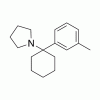
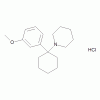



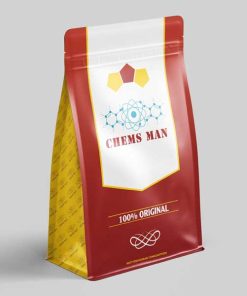
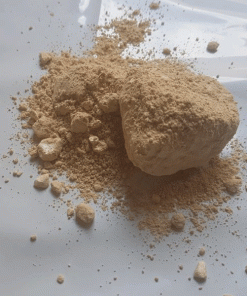
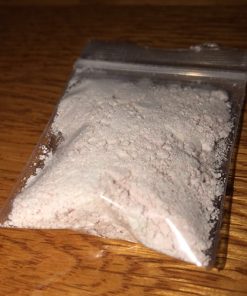
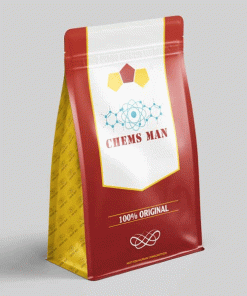
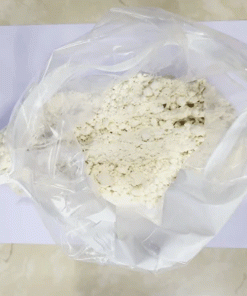
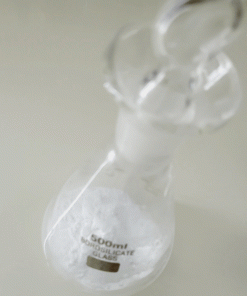
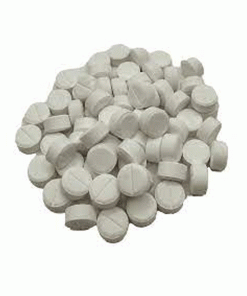
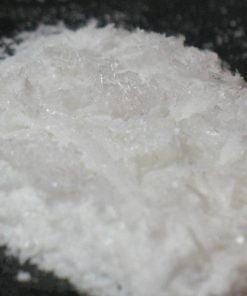
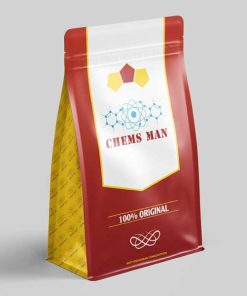
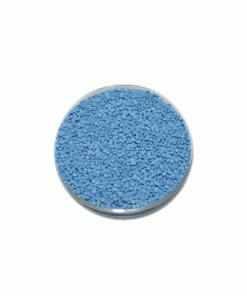
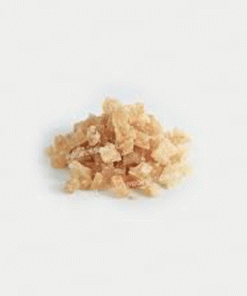
Reviews
There are no reviews yet.